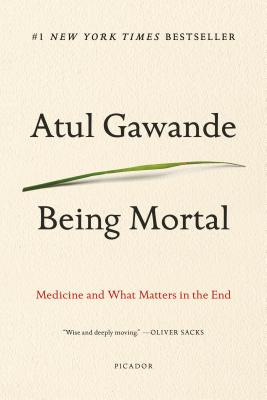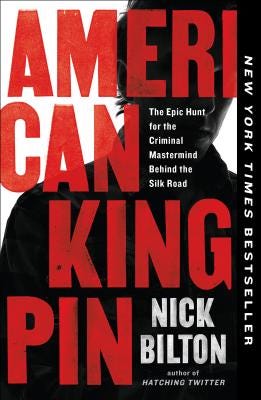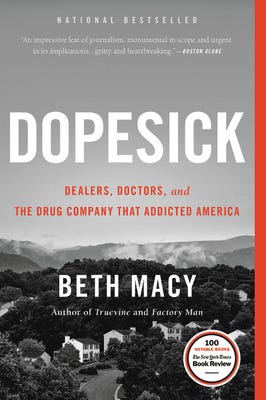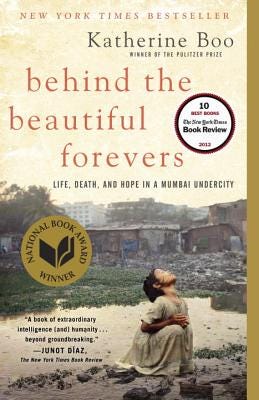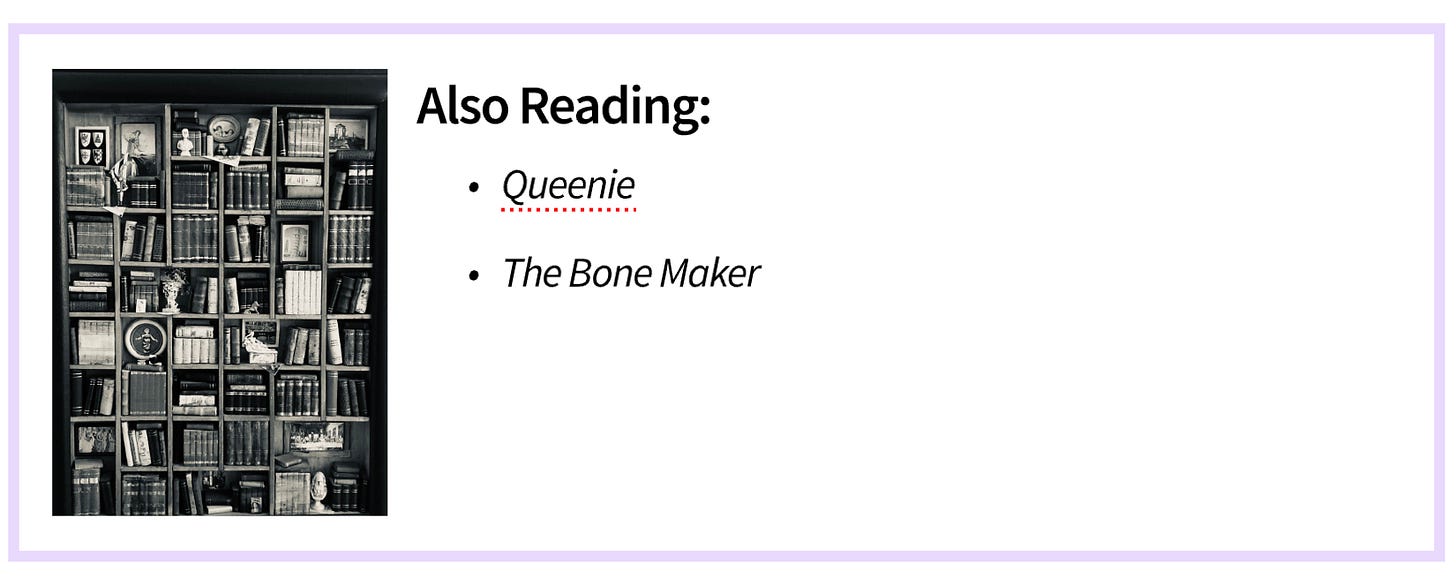Reader, you should know - I’ve put in Malcom Gladwell’s 10,000 hours on very few subjects and therefore try not to argue strongly about topics on which I am not deeply confident. But in matters of dogs, comma, petting, and books, parentheses, other than business books, I have done The Work.
So I hope I am on reasonably solid footing when I contend that many people are hesitant about the non-fiction genre, and I think often it’s because a lot of non-fiction can be a trudge to read. I know some of you exclusively read non-fiction, and God love ya, as President Joe would say. But let’s be honest, many 300-page non-fiction books could really be, like, a great New Yorker article. As good as the topic might be, they really just make the same point over and over in a million different ways (OK, we got it, Sheryl Sandberg).
And often, non-fiction books are written by academics, so no surprise when they read like a dissertation; it’s often research first, writing second. Which I assume is excellent scholarship, but for me as a reader often takes away from engaging in the storytelling, the human narratives, the “why should I care” of it all that comes through in great writing. (Not surprisingly, journalists often write the BEST non-fiction, because they know how to find a compelling angle! You can find some of my investigative non-fiction recos here in the archive - there are some real humdingers.)
But despite all this, when non-fiction gets it right, it really can get it right, in changing the way we look at the world, in sparking a lifelong interest in a topic we never knew about, and in simplifying a complex topic while simultaneously rendering it more nuanced, more human, and more tangible.
And on that note, here are a few very readable, very compelling non-fiction suggestions (and a few more from the archive.)
Being Mortal: Medicine and What Matters In The End
Power summary: how we age, how we deal with disability and death, and how doctors and the medical system often get it wrong.
This was a best-seller for a reason; it’s such a sensitive, thoughtful reflection by a practicing surgeon on the topics of aging, disease, and what it means to have not just a good death, but a good life. Very moving and powerful, so if you missed it a few years back and you have the current emotional wherewithal, check it out!
Power summary: The whirlwind tale of the wholly normal man-turned-internet mafioso behind Silk Road (an unregulated website where people could trade all manner of legal and illegal things), and the law enforcement teams that worked to track him down.
OK, this is a WHIRLWIND read by a Vanity Fair/New York Times journalist, and at some times it’s so thrilling and “edge of your seat” that it’s almost a guilty pleasure. You’ll also learn a little about online anonymity and Bitcoin, and grapple with the questions of regulation and the cult of genius inventor. Perfect if you love mysteries, thrillers and spy novels.
Power summary: A history of how opioids consumed a generation (again), the companies that enabled it, and the communities that are trying to wrestle with and solve the addictions.
It takes a surehanded writer to tell the tale of a national disaster, in a way that’s compassionate, clear-eyed, and compelling, but this book does it. It’s a great explanation of why and how we got here, why we should all care, and the life-and-death human devastation opioids are wreaking on already staggering towns, but the book also offers some hope in how we can help treat addicted people as well as try to stop the next wave of unnecessary legal drug dependencies. Maybe Beth Macy will be writing the story of COVID in a few years - I hope so.
Power summary: Intertwining stories of families living in a makeshift Mumbai city, striving to reach the prosperity that literally looms over them, but grappling with poverty, hunger, inequality, ethnic strife, corruption, and the threat of government crackdown.
This is an incredibly impressive ethnography of a book - the author spent the better part of three years getting to know her subjects, which results in a read that’s novelistic in its characterizations and doesn’t fall into cliches of capitalistic hope, “slumdog millionaire” happy endings, or condescending poverty voyeurism. It’s maddeningly complicated, which is what makes it good.
Power summary: It’s about the six wives of Henry VIII.
Okay, I’m including this so ALL the suggestions aren’t about crime and terrible things (with all due respect to Anne Boleyn and Catherine Howard, as it must be admitted that beheading is a terrible thing.) Alison Weir has spent a career writing .. non-fiction? historical biographies? of the Tudors, and all of her books (I also love The Children of Henry VIII) are meticulously researched and detailed while bringing the subjects to vivid life. There’s a reason she’s the UK’s best-selling female historian!
Tell me - what’s your favorite non-fiction recommendation? I’ll be disappointed if no one suggests Erik Larson, whom I have never read, for no good reason.
More non-fiction suggestions from the archive:
A Year of Shakespeare: The Reading Challenge
If you’re new here (hi!), I decided to try to read all of Shakespeare’s plays in 2021. I’m not even going to detail how far behind I am but at least I’m back at it - Othello, I’m coming for you.
This is one I’ve not read before, but I was in a musical in college that contained a witty wordplay of a verse about Othello, below, so I’ll be disappointed if it’s not an exact summary. Enjoy):
There’s a fellow named Othello, had a life so mild and mellow, till he met Miss Desdemona. Went berserk and tried to own her!
Overzealous, he got jealous, when she looked at other fellas. So that none of them could have her, he turned her into a cadaver.
Such a strange amour, how it could change a Moor.
(Shout out to the genius Pete Mills, still creating musicals!)


